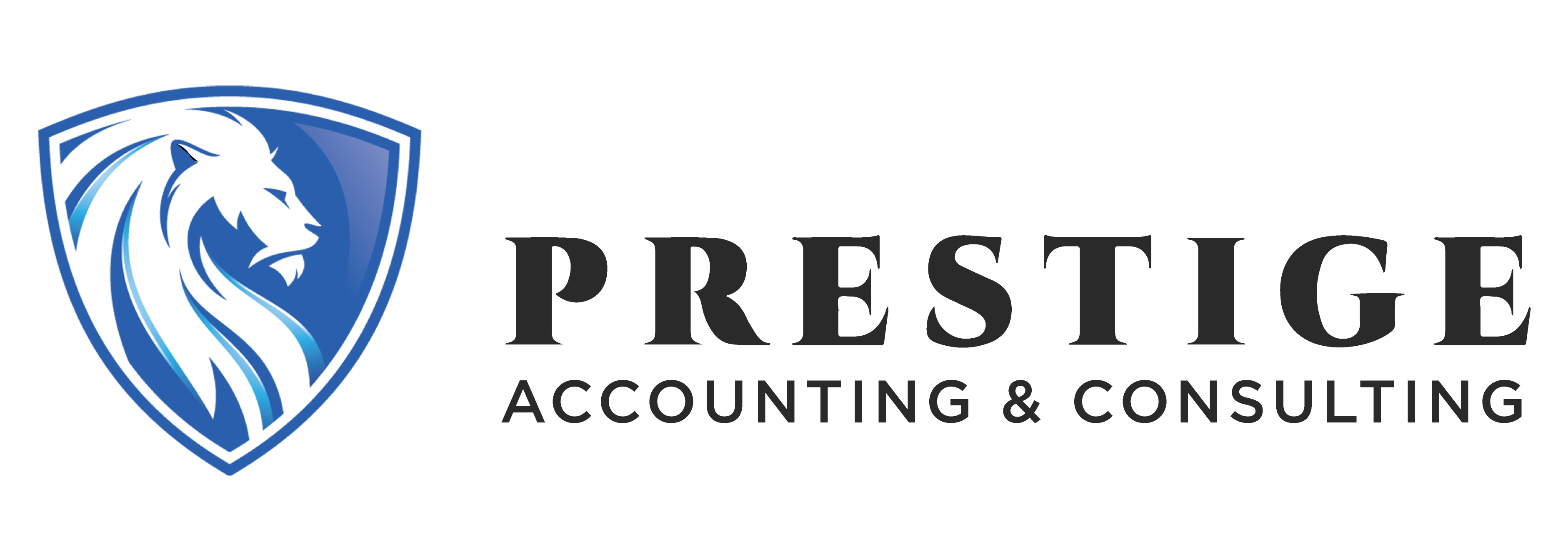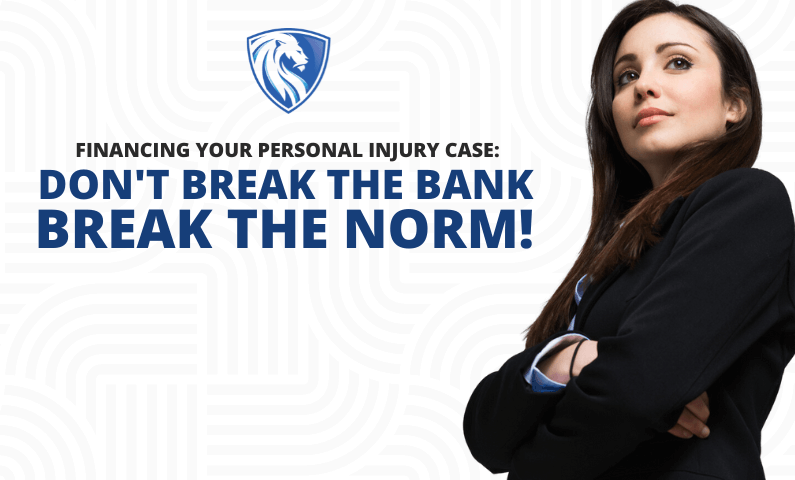
Navigating the IOLTA/Trust Account Audit Process: Best Practices for Law Firms
September 20, 2023
Maximizing Profit in Personal Injury Cases Efficient Case Management & Settlement Strategies
October 10, 2023
Categories
Tags
- atlanta
- atlantalawfirm
- atlantalawyer
- atlantalawyers
- best practices
- BusinessGrowth
- businesslaw
- businessowner
- Case cost financing
- CashFlowManagement
- ClientAcquisition
- Cpa
- financial implications
- financing solutions
- GrowYourIncome
- lawfirm
- lawyerlife
- lawyersofinstagram
- MarketingStrategies
- personal injury law
- Prestige Accounting & Consulting
- ReachYourGoalsFast
- SuccessMindsetTraining
- WorkingSmarterNotHarder
Every personal injury law firm knows the adage: You have to spend money to make money. But when case-related costs surge, where does that money come from? Enter: case cost financing. Let’s deep dive into understanding its importance and how Prestige Accounting & Consulting can navigate you through these financial waters.
Personal injury law is unique. With varying durations from case to case and the unpredictability of outcomes, managing finances effectively becomes paramount. That’s where case cost financing comes into play. It bridges the gap between your firm’s current financial status and the resources needed to pursue justice for your clients.
Why Case Cost Financing is Essential
Running a personal injury case isn’t cheap. From paying expert witnesses to securing medical records and even the seemingly mundane court fees – costs rack up. Pair this with the unpredictability of case duration, and you’ve got a potential financial pressure cooker. Case cost financing becomes a lifesaver, ensuring you have the funds you need when you need them.
Types of Case Cost Financing Solutions
Traditional Bank Loans
Pros: Think of your established banking relationship and the possibility of securing larger amounts.
Cons: However, these often come with collateral demands and personal guarantees, not to mention fluctuating interest rates.
Legal Financing Companies
Pros: These entities understand lawyers. Tailored to law firms, they often skip personal guarantees.
Cons: But be wary – their interest rates can be steeper. Always read the fine print.
Lines of Credit
Pros: Flexibility is key. Draw or repay as needed, and only pay interest on what you use.
Cons: Yet, overleveraging is a pitfall. Also, those interest rates? They can swing.
Personal Funds
Pros: You’re in control. No external obligations and full financial autonomy.
Cons: There are limits. Can you bear a significant financial downturn?
Litigation Funding
Pros: Custom-made for the legal arena, only pay back if you win.
Cons: The costs might be high, and you’re parting with a chunk of your case’s proceeds.
Financial Implications to Consider
Interest Rates & Fees
Remember, short-term vs. long-term costs are different. Always project into the future.
Cash Flow Impact
Certain financing can strain your monthly flow. Ensure you have a buffer and always run the numbers.
Effect on Client Relationships
Transparency is king. Ensure your clients know how your financing method may affect them.
Tax Implications
The taxman cometh. Did you know interest and fees can sometimes be deducted? Yet, some choices have less favorable tax implications.
Best Practices for Using Case Cost Financing
Conduct Due Diligence
Research is non-negotiable. Understand every term, every condition. Know what you’re getting into.
Maintain Financial Discipline
Regularly review your financial health. Repayments should be manageable. Avoid drowning in debt.
Transparency with Clients
Your relationship with clients is paramount. Always keep them in the loop.
Conclusion
Case cost financing is more than just a financial tool. It’s a strategic asset that, when used correctly, ensures both your firm’s financial health and your client’s pursuit of justice. Navigate these waters wisely, and the outcome can be fruitful.
Have questions? Need expert guidance on which financing solution fits your firm? Prestige Accounting & Consulting is here to help. Contact us today for a tailored financial strategy that puts you and your clients first.




